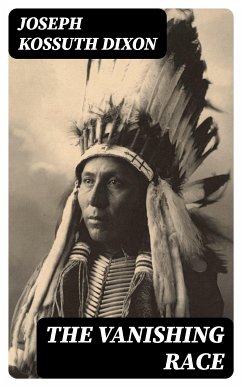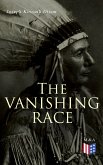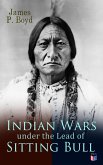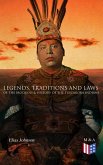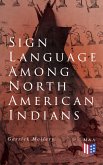In "The Vanishing Race," Joseph Kossuth Dixon embarks on a poignant exploration of Native American cultures at the turn of the 20th century. The book intricately weaves together personal observations, historical accounts, and vivid descriptions of Indigenous life, highlighting the conflicts arising from colonial encroachment. Dixon's literary style is characterized by a blend of poetic prose and anthropological insight, inviting readers to contemplate the profound transformations faced by Native communities in a rapidly changing world. This work sits within the broader literary context of early American ethnography, where the romanticized notion of the 'vanishing Indian' serves both as a critique of American expansionism and a celebration of Native heritage. Dixon's background as a naturalist and his deep engagement with Indigenous peoples inform his narrative, allowing him to approach the subject with a blend of empathy and scholarly rigor. His firsthand experiences and conversations with Native tribes provide a unique vantage point, positioning him as a respectful observer of cultures often misrepresented in literature. His passion for understanding and preserving Indigenous stories echoes throughout the text. Readers seeking a deeper understanding of Indigenous life in America will find "The Vanishing Race" an essential addition to their collection. Dixon's work not only documents the struggles faced by Native Americans but also honors their resilience and cultural richness. This book is an urgent reminder of the importance of preserving Indigenous narratives in the face of historical erasure.
Dieser Download kann aus rechtlichen Gründen nur mit Rechnungsadresse in A, B, BG, CY, CZ, D, DK, EW, E, FIN, F, GR, H, IRL, I, LT, L, LR, M, NL, PL, P, R, S, SLO, SK ausgeliefert werden.

